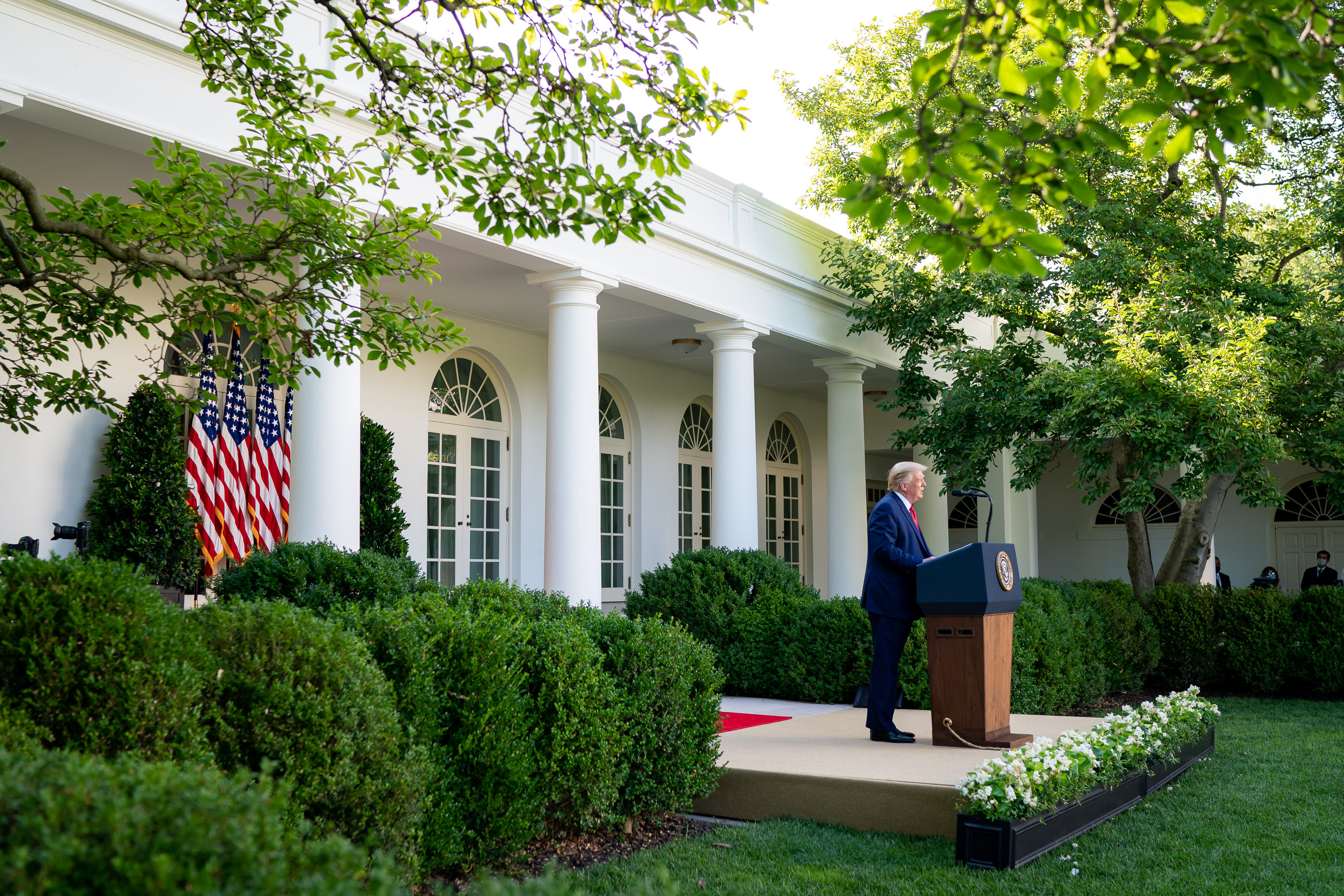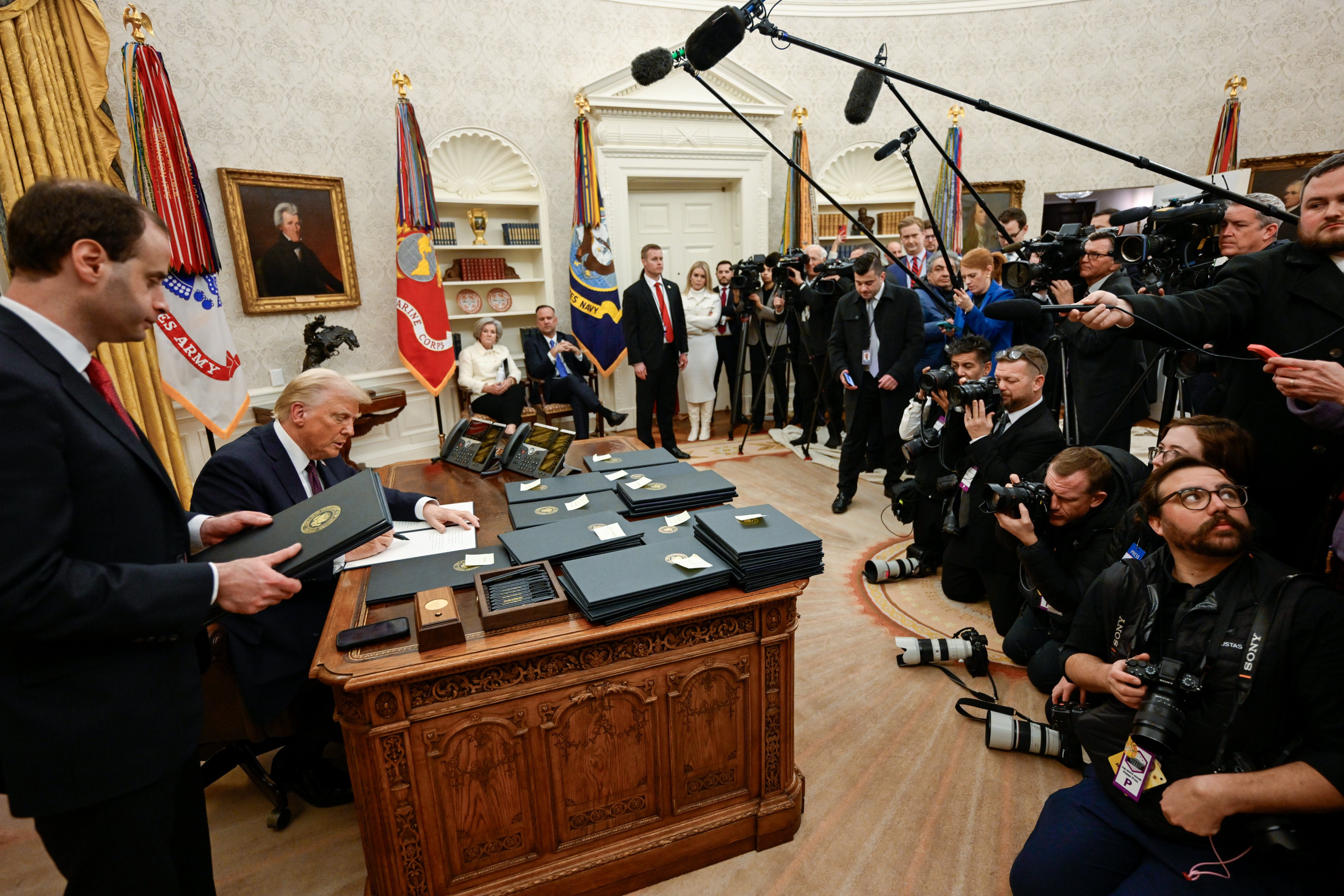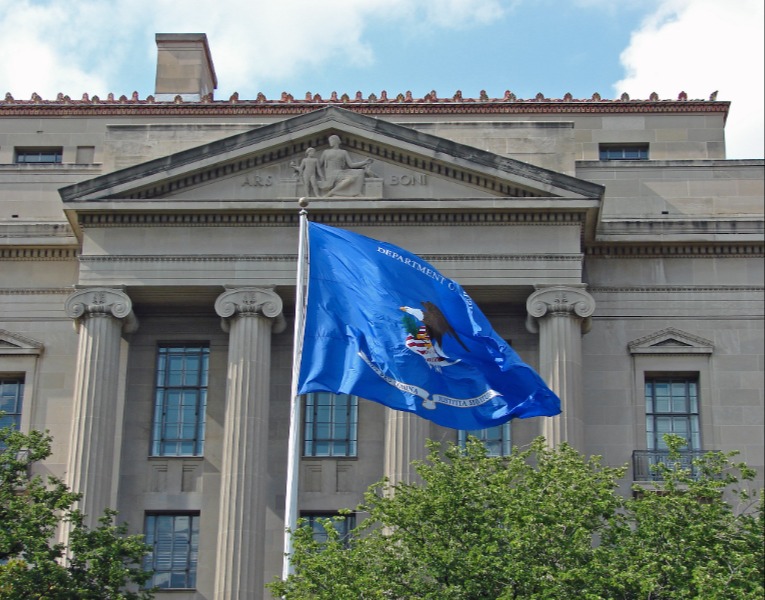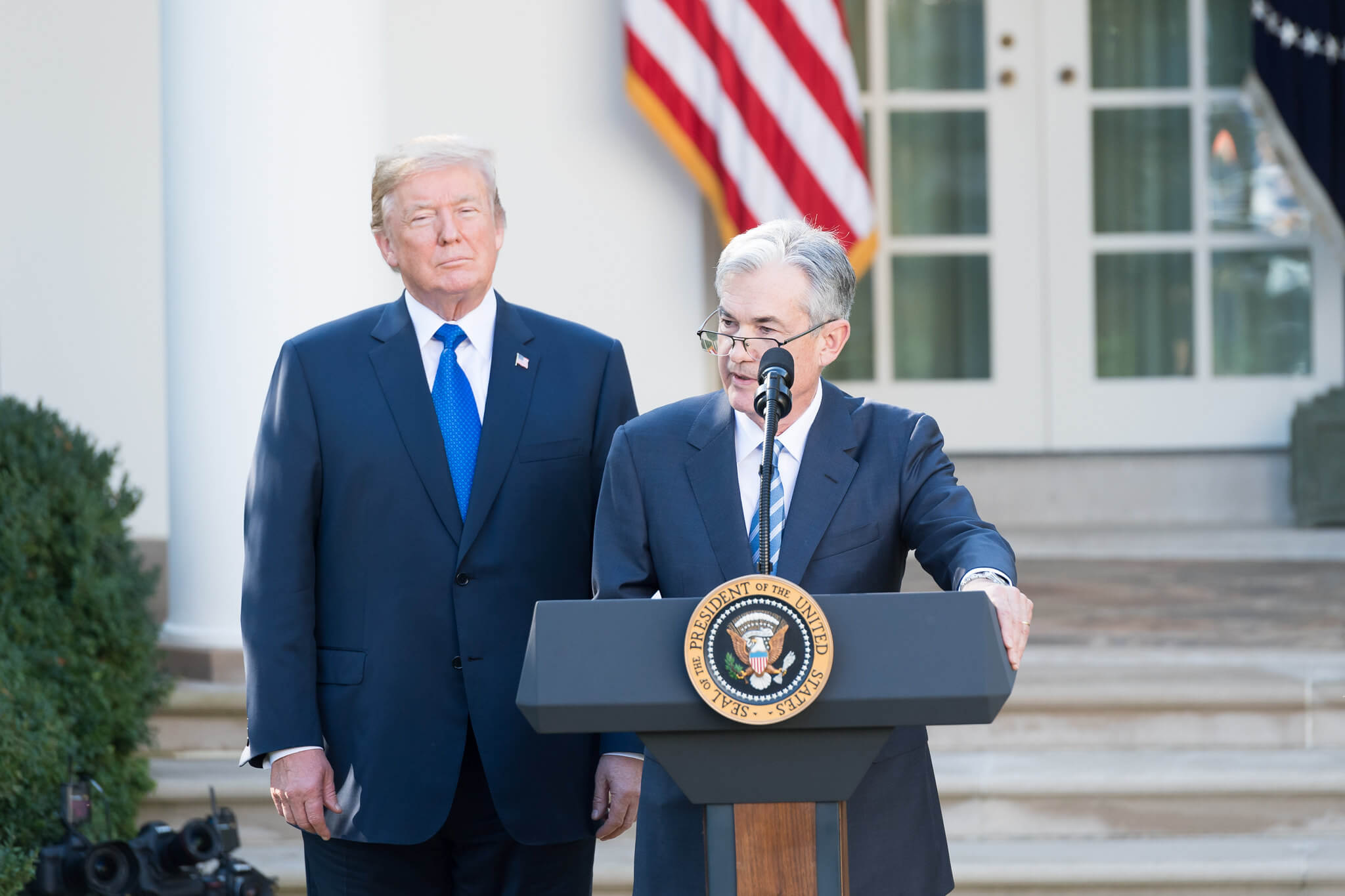The House Moves to Regulate Pardon Power Abuse
Two new bills that aim to regulate abuse of the pardon power make plain that that power is not “absolute.”

Published by The Lawfare Institute
in Cooperation With

In a post in February, we explained why the president’s Article II pardon power is not as “absolute” as advertised, and argued that “there are limits Congress may and should impose on at least some exercises of the pardon power.” (We have much more to say on this topic in a book out in September on presidential power reform.) On July 22, members of Congress introduced two bills that take some of the steps we discussed toward limiting abuses of the pardon power.
***
Rep. Adam Schiff’s bill, entitled “Abuse of the Pardon Prevention Act,” would do two basic things. First, for pardons for a “covered offense,” it would require the attorney general to submit to designated congressional committees all Justice Department materials related to the prosecution for which the individual was pardoned and all materials related to the pardon. It would also require the president to submit to the relevant committees all pardon-related materials within the Executive Office of the President. Covered offenses include offenses against the United States arising “from an investigation in which the President, or a relative of the President, is a target, subject, or witness”; offenses related to refusals to testify or produce papers to Congress; and offenses under 18 U.S.C. § 1001 (false statements), § 1505 (obstruction), § 1512 (witness tampering) or § 1621 (perjury), if the offense related to a congressional proceeding or investigation.
Second, the Schiff bill would criminalize bribery in connection with the issuance of a pardon. It would do so by amending the criminal prohibition on bribery, 18 U.S.C. § 201, to apply it with a plain statement to the president and vice president, and by making clear that under the bribery statute, the granting of a pardon or commutation is an “official act” and any such act of clemency is also “anything of value.” In effect, this amendment would criminalize the offer of a grant, or the grant, of pardons as part of a corrupt exchange.
In addition, Rep. Jamie Raskin introduced a bill that would “declare presidential self-pardons invalid.” It would provide: “The President’s grant of a pardon to himself or herself is void and of no effect, and shall not deprive the courts of jurisdiction, or operate to confer on the President any legal immunity from investigation or prosecution.”
***
Congressional staff who had read our previous post on this subject asked us for more detail on our views, and we consulted with them on how these reforms might be structured. In a nutshell, here is what we think about the new bills.
First, it is pretty clear that Congress has the authority to criminalize a pardon that a president issued as a bribe. As we explained previously:
A pardon or commutation may be “absolute” for the beneficiary. But it would not in any way afford the president, as the grantor, immunity from commission of a crime in connection with granting a pardon, nor would it cover any such separate crime committed by the grantee. Congress could, for example, make it a crime for the president and the grantee to engage in a bribery scheme in which the grantee makes a personal payment or campaign contribution as part of an explicit quid pro quo arrangement. The president’s subsequent pardon or commutation would remain fully in effect for the offense pardoned, in accordance with the Pardon Clause. But the law would apply to the independent criminal acts committed by the president and the grantee in the course of reaching an illegal agreement about the terms on which a pardon would be granted. Congress can similarly criminalize the use of the pardon to undermine a judicial proceeding, which the president might do by offering it as a means of inducing false testimony.
Schiff’s anti-bribery proposal does not purport to limit the president’s power to pardon. A pardon as part of a bribe would relieve the recipient of the consequences of the past crime. But it would also constitute a separate crime for which the president and the recipient could be punished.
Note that the Justice Department has twice stated that the president can be prosecuted for bribery. The more recent of these opinions, issued in October 1995, stated: “Application of [the bribery statute, 18 U.S.C. § 201, to the president] raises no separation of powers question, let alone a serious one.” The reason, the Office of Legal Counsel explained, is that the “Constitution confers no power in the President to receive bribes,” since it “specifically forbids any increase in the President’s compensation for his service while he is in office, which is what a bribe would function to do,” and since “the Constitution expressly authorizes Congress to impeach the President for, inter alia, bribery.”
Second, the prohibition on self-pardons is a useful and important exercise of Article I power. Article II does not expressly address the question of whether a president can pardon himself or herself. Commentators are widely split on the question. The Office of Legal Counsel in 1974 proclaimed: “Under the fundamental rule that no one may be a judge in his own case, the President cannot pardon himself.” The matter must ultimately be resolved, if ever, by courts testing the validity of a self-pardon in the course of an investigation or prosecution of a prior president. Even though courts have final say, Congress’s judgment on the legality of self-pardons matters for two reasons. First, it might be relevant to a court’s interpretation of Article II, just as the executive branch view might. This is why our proposed prohibition on self-pardons in our forthcoming book contemplates a more elaborate effort by Congress to set forth its constitutional views. Second, this legislation can shape executive branch norms even if its constitutionality is never tested.
Third, the reporting duty in the Schiff bill is harder to justify on constitutional grounds. The president’s pardon power is extraordinarily broad, even if it can be regulated in carefully targeted ways collateral to its exercise, as in Schiff’s bribery proposal. The reporting requirement, however, would demand the intimate papers and deliberations of the executive branch concerning a core presidential power in situations that go far beyond pardons for bribes. It therefore may not hold up under judicial scrutiny.






